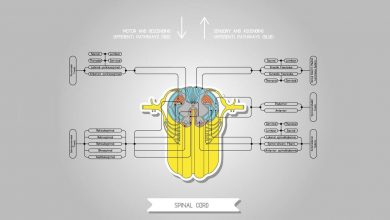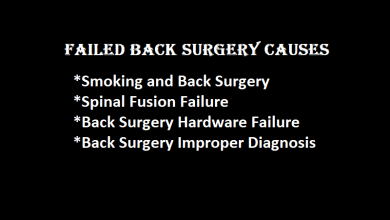Is Old Age a Primary Risk Factor for Failed Back Surgery Syndrome (FBSS)?

The headline is as remarkable for its understated simplicity as it is for its astonishing content: “104-year-old monk undergoes spine surgery.” That is a story that demands to be read by anyone who suffers from back or neck pain, but worries that he or she might have missed the window for safely undergoing back surgery without a dramatically increased risk for failed back surgery syndrome (FBSS) due to advanced age.
This is admittedly an extreme example – Mauni Baba, the “spiritual guru” of the story, reportedly has not actually spoken for 70 years, preferring to communicate by scribbling on a slate with chalk. He also reportedly underwent angioplasty just five weeks before spine surgery at the Fortis Memorial Research Institute in Gurgaon, India. The Times of India also reported that the guru was up and walking again within four days of his procedure, and he attributed his quick recovery from surgery to alleviate the symptoms of a prolapsed disc to his own inner strength and will power.
He also still does his own laundry and other personal chores, but leg pain after his angioplasty prevented him from moving comfortably. He, like many geriatric patients on the extreme end of the age spectrum, encountered resistance as he researched his surgical options in other Indian cities, as well as in Australia, Germany, and other countries. His problem was not unusual for those over the age of 70 who need back surgery. The problem was brought to light in the UK when a 2012 study revealed that rates of potentially life-saving or life-improving surgical procedures declined significantly for patients 70 or older.

So, if you are a senior who needs back surgery to treat a degenerative spine condition but feel your age may be a barrier to receiving surgical treatment, don’t feel like you’re alone. The bottom line, according to a Royal College of Surgeons study in Great Britain, was that the primary factor in determining whether a patient should undergo a particular type of surgery is not age, but overall health. The study led to the initiation of legal protection for seniors who felt as if they were discriminated against by the practitioners within the National Health Service (NHS) based on age, rather than overall health.

That said, it is undeniable that one of the big risk factors for failed back surgery syndrome is poor overall health. And it is also true that many seniors suffer from myriad health issues, simply by virtue of reaching a certain stage in life. The important thing is to take every step available to stay as healthy as possible later in life, which means eating well, exercising, and maintaining a positive mental outlook.




